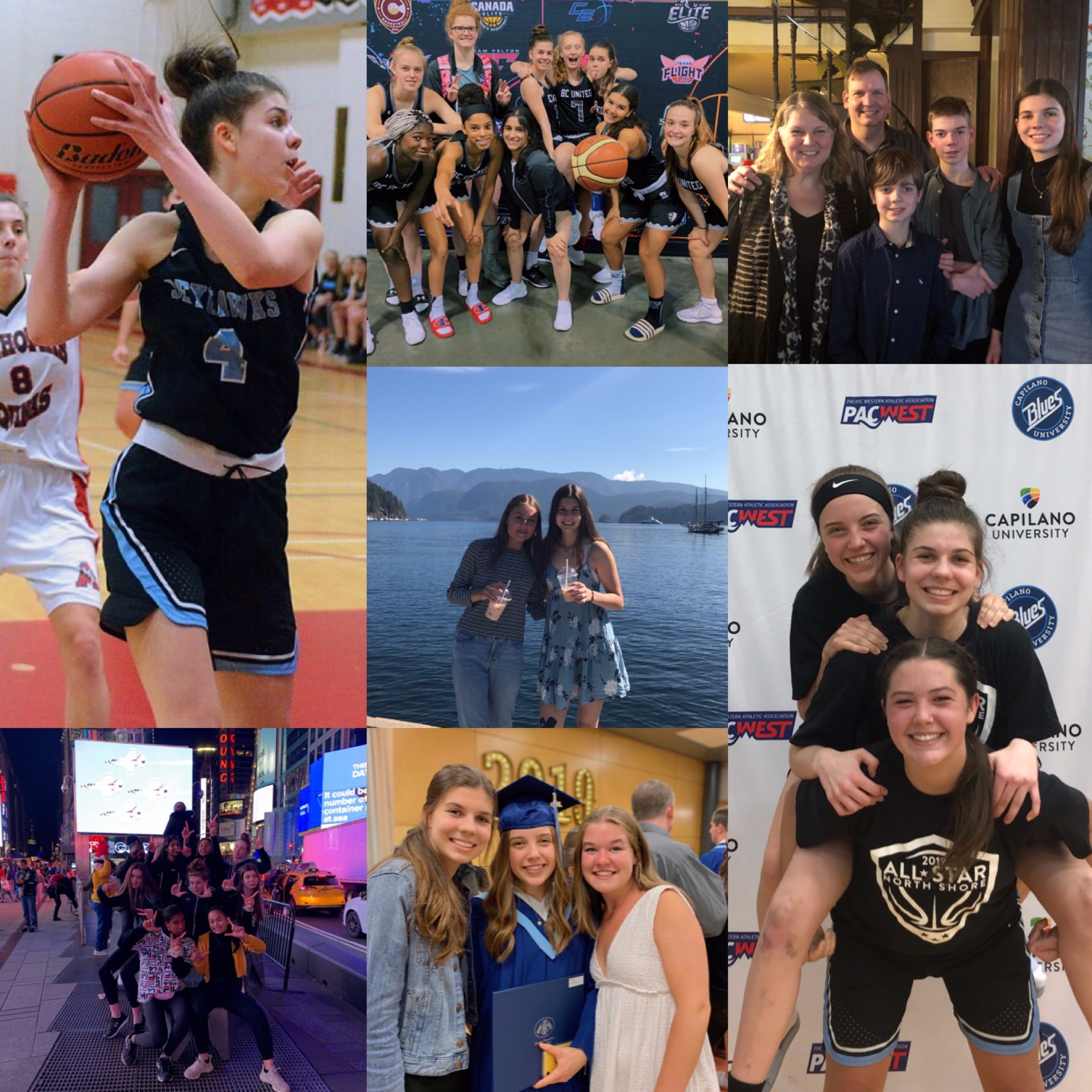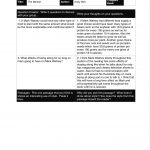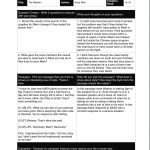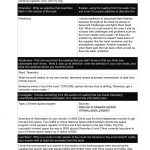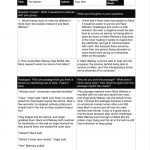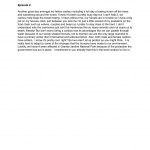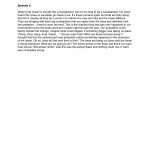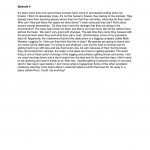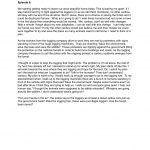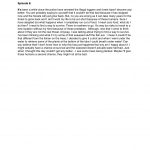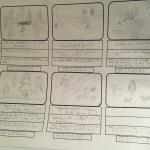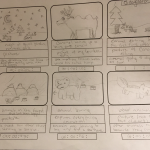Since the beginning of this term, we have been working on a new unit on the geography of Canada which led up to a big final video assignment called Project Frankenstuffy. We started this unit off by learning the introduction to geography including climate, physical regions, cultural landscapes, natural regions and precipitation.
At the same time that we started learning about geography, we started reading a book called The Martian which is a science fiction story about how an astronaut survives on Mars without any other civilizations. Throughout reading the book, we filled out novel reflections sheets where we showed our understanding of the chapters and shared the sheets with our table group. Here are the four novel sheets:
- First novel sheet
- First novel sheet
- Second novel sheet
- Second novel sheet
- Second novel sheet
- Third novel sheet
- Third novel sheet
- Forth novel sheet
- Forth novel sheet
During this unit, after learning about geography and reading the book, we started our big project called Project Frankenstuffy. Our table groups were assigned one of the seven Canadian regions. My group was given the Canadian Shield which is Ontario and Quebec around the Hudson’s Bay. We then each picked one area of this region which I picked southeast Canadian Shield. We then had to pick an animal that lived in our region. I chose a caribou as they are very easily spotted in Grand Jardin National park which is a park of my region. Following the choosing of both an animal and our region, we had to come up with a story where a disaster happens to this region. The disaster is caused by our math monster which was a project we did in math to learn about surface area and volume of 3D shapes. This disaster then affects our animal in some way and causes the animal to evolve and gain some characteristics of an other animal. These characteristics then help the animal survive or try to survive the disaster and defeat the math monster.
To come up with our story, we created a story outline where we showed the exposition, the rising action context, the rising action scope, the climax, the falling action and the impact of our story. Here is my story outline:
With this outline, we then took the idea for our story and wrote 8 epistolaries of 250 to 500 words explaining different parts of our how our monster affects the environment of our animal and how it adapts. The interesting thing is we wrote them in different creative ways for example I wrote them in first person as if we were the animal.
We started out with writing 1, 2 and 3 episodes which were about how my animal, a caribou named Caramel lived in her home in Grand Jardin National Park. Episode one explains how Caramel is living happily with no problems and the different encounters she might have with other animals and the environment. Episode 2 talks about the different characteristics of a caribou like how they can swim in water, eat lichen off the trees as well as Caramel’s interactions with the other caribou. In episode 3, the story starts to change when Caramel, the caribou hears a noise, that at first she thinks is a woodpecker but turns out to be loggers cutting down trees in the forest. In the beginning, this doesn’t pose a threat but then Caramel realizes that the lichen, her food source, grows on the trees and if they are cut down her herd won’t have anything to eat.
Here are the epistolaries one, two and three:
- Epistolary 1
- Epistolary 2
- Epistolary 3
We then wrote episodes 4,5 and 6 which explain how the caribou are really being affected by the logging and are starting to have problems finding food. Their home is also being destroyed and the herd of caribou is thinking about leaving their home because caribou aren’t very good at adapting to change. Caramel, starts to evolve to adapt to these changes. She starts growing camel humps helping her to adapt to the lack of food problem by being able to survive up to five days without food, as well as being able to not drink the polluted water for up to 7 months. These epistolaries all give a different perspective to the story, demonstrating the opinions of the loggers to give some interest to the story. In these episodes, Caramel also formulates and goes through with a plan to stop the loggers and save her home while the rest of the caribou leave their home.
Here are epistolaries four, five and six:
- Epistolary 4
- Epistolary 5
- Epistolary 6
Epistolaries seven and eight talk about the after effect of the loggers. Even though they’ve been stopped, there are still effects on the environment that will never return to the natural state they were once in. Also, now because most of the trees are cut down Caramel finds a new food source in the lake. She has evolved with gills to be able to breath under water and get seaweed to eat. The story ends with people planting trees in the forest and Caramel thinks that maybe the humans aren’t so bad after all.
Here are my epistolaries seven and eight:
- Epistolary 7
- Epistolary 8
With our two animals picked out, we then brought the story to life with a Frankenstuffy we made by combining stuffed animals that will be hung up in our classroom. Here is the Frankenstuffy I created:
After writing the epistolaries, we then created a storyboard that would be used to make our video. The storyboard helps us plan out our video by making us plan the shots we are going to say, our script, as well as the timing for each shot.
Here is my storyboard:
- Storyboard 1
- Storyboard 2
- Storyboard 5
- Storyboard 4
- Storyboard 3
- Storyboard 6
I also wrote a script to outline what I would be saying throughout the video, here is that script:
Following this, we created our video using different apps like iMovie, Explain Everything, and Veescope live. We followed the story we wrote and made the video. Here is my first draft of my video:
After finishing the first draft, we received critiques and then edited our video for the next draft which we then handed into our teacher to edit. For my edits I shortened my video as well as doing the recording for my video again.
This is my second draft:
After making some improvements and cutting down the video a little this is my third draft:
Finally after much work and many drafts this is the final draft:
Overall, this has been a fun project especially when we got to create a video for our Frankenstuffy as well as create the actual Frankenstuffy by sewing them together. This project taught me a bunch of different skills and let me experiment with different techniques of video editing that I’ve learnt this past year.
